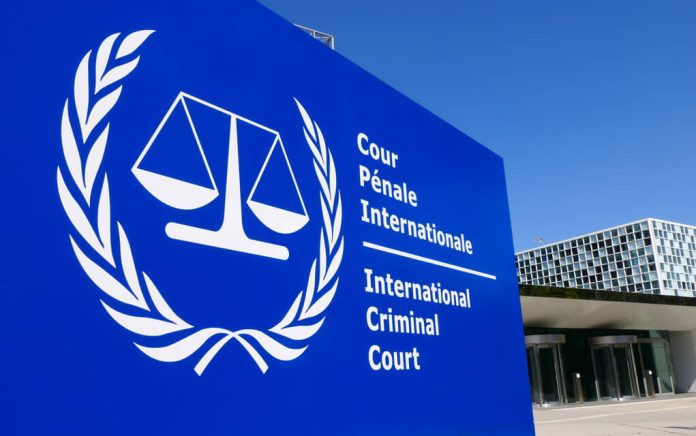
The Hungarian reception of Israeli leader Benjamin Netanyahu, in defiance of an ICC arrest warrant, raises important questions about the balance between national interests and international legal obligations.
Key Takeaways
- Benjamin Netanyahu visited Hungary, defying an ICC arrest warrant for alleged war crimes.
- Hungary, an ICC member, legally obliged to arrest Netanyahu, welcomed him instead.
- Hungary plans to withdraw from the ICC.
- The ICC lacks independent enforcement, relying on member states for warrant execution.
- Non-compliance by member states may lead to limited consequences via the ICC or UN.
Netanyahu’s Detour: National Priorities Prevail
During his visit to Hungary, Israeli Prime Minister Benjamin Netanyahu sparked a legal and political debate by bypassing an arrest warrant issued by the International Criminal Court (ICC). Despite Hungary’s status as an ICC signatory bound by the Rome Statute, Prime Minister Viktor Orban greeted Netanyahu warmly, prioritizing national political agendas over international commitments. This incident highlights the ICC’s vulnerability, as it lacks an independent enforcement arm and relies on member state compliance—a reliance often fraught with political tension.
Orban reiterated his resolve by publicly guaranteeing Netanyahu’s safety in Hungary, underscoring his long-standing, close relationship with Netanyahu. This relationship is further cemented by their shared nationalist sentiments and skepticism of supranational institutions. The Hungarian government regards the ICC as ineffective, describing it as a “political tool.” They announced their plan to withdraw from the ICC as a result.
Implications for the ICC’s Authority
This scenario not only questions the ICC’s authority but also underscores the court’s dependence on its members’ political will. While the ICC can refer cases of non-compliance to its Assembly of States Parties or the United Nations Security Council, experts argue that “there aren’t many practical consequences for non-compliance.” This perspective, shared by Mathias Holvoet, a lecturer in international criminal law, reflects the ICC’s current challenges.
The legal complexity extends beyond mere political dissent. Hungary ratified the Rome Statute in 2001 but failed to incorporate it into national law, complicating the execution of ICC mandates. Even with legal obligations under the ICC, Hungary’s domestic laws claim unenforceability of such statutes, further complicating compliance with international legal frameworks.
The ICC vs. National Politics: A Lingering Dispute
Despite Netanyahu’s appearance in Hungary, some legal scholars argue that his visit undermines the ICC’s credibility, stating, “He’s trying to visit as many countries as possible to show that the ICC is a paper tiger and cannot enforce the arrest warrant against him.” This action attempts to spotlight the ICC’s current enforcement challenges as states weigh their legal agreements against national and political allegiances.
Should other nations adopt Hungary’s approach, the ICC’s ability to uphold justice in cases of international crimes could face increased scrutiny, leading to a potential erosion of its authority. The dynamics within member states continue to pose significant challenges to the objectives and effectiveness of the ICC, prompting a reassessment of mechanisms to reinforce compliance with international justice standards.
Sources
1. How Hungary Will Defy An ICC Arrest Warrant When Netanyahu Visits
2. Netanyahu visits Hungary, defying ICC arrest warrant




